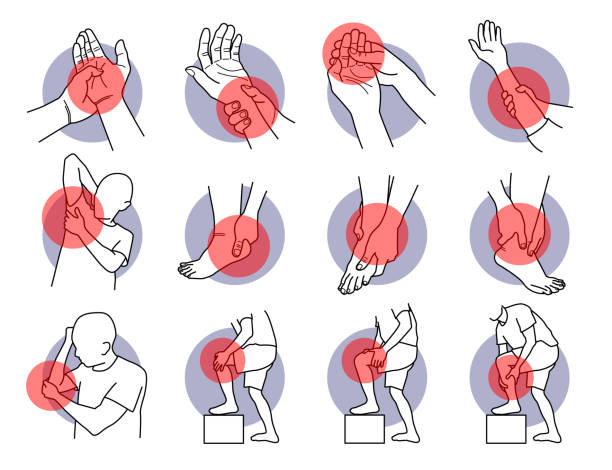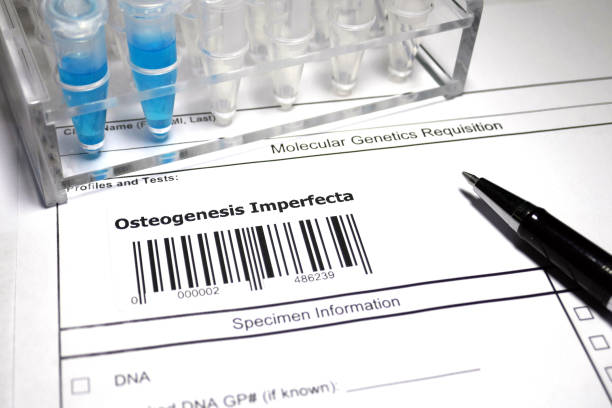105Views 0Comments
Inflammation is a natural and essential process of the immune system that occurs in response to injury, infection, or tissue damage. It is the body’s way of protecting itself by removing harmful stimuli and initiating the healing process. Inflammation can be acute or chronic.

Acute inflammation is a short-term process that usually lasts a few days and is characterized by redness, swelling, heat, pain, and loss of function in the affected area. It is caused by the release of chemicals called cytokines, which attract white blood cells to the site of injury or infection to fight off invading pathogens.
Chronic inflammation, on the other hand, is a long-term process that can last for months or even years. It can be caused by a persistent infection, autoimmune disorders, exposure to toxins, or other factors. Chronic inflammation is characterized by the presence of immune cells and the release of inflammatory molecules, which can cause tissue damage and lead to various chronic diseases, such as rheumatoid arthritis, asthma, and heart disease.
Inflammation is a necessary and natural response of the immune system, but excessive or prolonged inflammation can cause harm to the body. Therefore, it is important to identify and treat the underlying cause of inflammation to prevent chronic health problems.
benefits of inflammation

While inflammation is often associated with negative effects on the body, such as pain, swelling, and tissue damage, it can also have beneficial effects on various tissues. Here are some examples:
- Skin: Inflammation can help to repair damaged skin tissue by increasing blood flow and activating the immune system. This can lead to faster wound healing and improved skin health.
- Muscles: When muscles are exercised, they experience microscopic damage, which triggers an inflammatory response. This inflammation helps to repair the damaged tissue and build stronger muscles.
- Bones: Inflammation can stimulate the growth of new bone tissue and help to repair fractures.
- Brain: Inflammation plays an important role in the brain’s response to injury and infection. It can help to clear away damaged cells and tissue and promote the growth of new brain cells.
- Cardiovascular system: Inflammation can help to repair damaged blood vessels and reduce the risk of blood clots.
- Immune system: Inflammation is a crucial part of the immune system’s response to infections and other threats. It helps to activate and mobilize immune cells to fight off pathogens and prevent further damage.
Effects of Inflammation on Various Tissues

1. Skin: Lack of normal blood supply makes the skin dry, pa- pery thin and brittle. It becomes highly prone to infection. 2. Fibrous tissue: The fibrous tissue gets thickened and shortened and may result in contractures, ultimately giv- ing rise to deformity.
3. Muscle tissue: The lack of oxygen supply and the accumu- lation of waste products decrease its efficiency, rendering it weak. If the blood supply to the muscle is reduced further, there may be ischaemia or total cessation of blood supply. This may cause fibrosis of the muscle fibres resulting in loss of their functional properties. The body of a muscle is enclosed in fibrous tissue. Therefore, inflammation will result in scar tissue formation leading to fibrous adhesions. This results in atrophy, restricted activity and weakness.
4. Nervous tissue: The nerve fibres may get fibrosed or ne- crotic, directly blocking the muscle activity.
If the inflammatory reaction damages the central ner- vous system, the changes are usually irreversible. This
will further complicate the situation, causing loss of control, coordination, strength and sensations.
5. Fibrous soft tissues. The fibrous soft tissue is repaired us- ing fibrin. If it is laid in excess, it can also lead to adhe- sion formation.
6.Cardiovascular and respiratory systems. An inflammatory reaction to any of these systems leads to inadequacy of the normal metabolic processes and circulation.
takeaway
Inflammation is a natural and essential process of the immune system that occurs in response to injury, infection, or tissue damage. While acute inflammation is a short-term process that helps the body to protect itself and initiate healing, chronic inflammation can have negative effects on various tissues in the body and increase the risk of developing chronic diseases. Therefore, it is important to identify and treat the underlying causes of inflammation to prevent these negative effects. Additionally, maintaining a healthy lifestyle, including regular exercise, a balanced diet, and stress management, can help to reduce inflammation and promote overall health and well-being.
it is always essential to treat inflammation related to any musculoskeletal system because if inflammation is untreated it can cause adhesions, scar tissue formation that can lead to limited range of motion.


